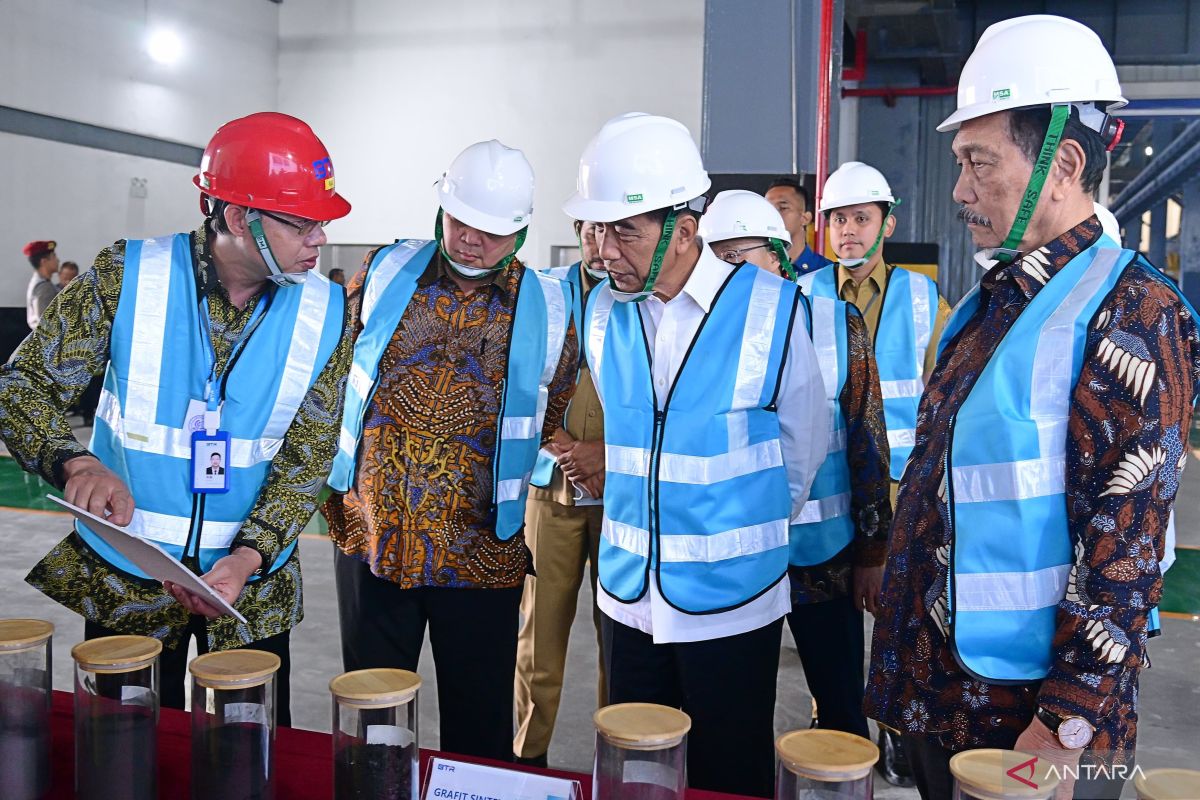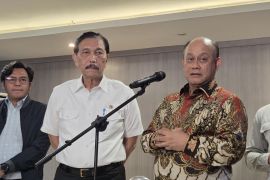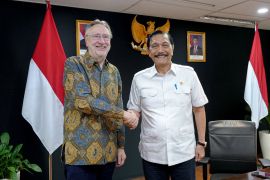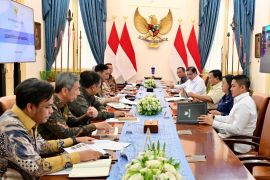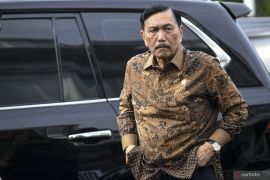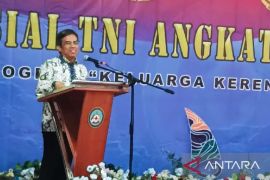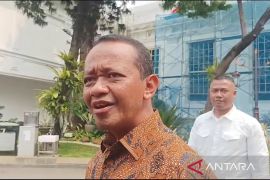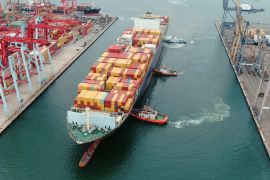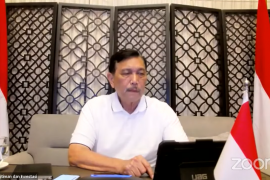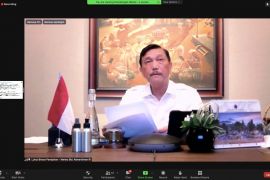Maritime Affairs and Investment Coordinating Minister Luhut Binsar Pandjaitan on Wednesday reiterated that President Joko Widodo (Jokowi) decided to stop exporting raw nickel ore and implement the downstreaming policy to boost the export value of nickel.
During the inauguration of a lithium battery anode factory in Kendal district, Central Java, on Wednesday, he recalled when Widodo told him about his decision to ban nickel exports.
"At the entrance of the Presidential Palace, Mr. President told me he was resolute to ban nickel exports. This was a bold decision, as it might result in a loss of US$1.5 billion," he said in a video broadcast by the Presidential Secretariat, which was accessed online from Jakarta.
Despite the potential loss, the export ban would help Indonesia earn more respect from the international community and boost the value of its nickel exports, the minister added.
He underlined that through the export ban, Indonesia has sent a signal to other countries that it stands as an independent country deserving of respect.
"Indonesia is a big country that has a distinctive character. This country does not hesitate to say yes or no," he affirmed.
He added that in 10 years, the Widodo administration has left notable legacies for the Indonesian nation.
Pandjaitan further said that the head of state has laid the foundation for Indonesia to transform into a more robust industrial country that is capable of producing products of higher value and ditching its reliance on the exports of raw materials.
With that in mind, the minister called on all government officials to continue to oversee the implementation of all policies and regulations devised by Widodo, who will conclude his presidential tenure in October this year.
Related news: Geological Agency finds 100 potential nickel reserves
Related news: Downstreaming propels nickel export value tenfold: Minister
During the inauguration of a lithium battery anode factory in Kendal district, Central Java, on Wednesday, he recalled when Widodo told him about his decision to ban nickel exports.
"At the entrance of the Presidential Palace, Mr. President told me he was resolute to ban nickel exports. This was a bold decision, as it might result in a loss of US$1.5 billion," he said in a video broadcast by the Presidential Secretariat, which was accessed online from Jakarta.
Despite the potential loss, the export ban would help Indonesia earn more respect from the international community and boost the value of its nickel exports, the minister added.
He underlined that through the export ban, Indonesia has sent a signal to other countries that it stands as an independent country deserving of respect.
"Indonesia is a big country that has a distinctive character. This country does not hesitate to say yes or no," he affirmed.
He added that in 10 years, the Widodo administration has left notable legacies for the Indonesian nation.
Pandjaitan further said that the head of state has laid the foundation for Indonesia to transform into a more robust industrial country that is capable of producing products of higher value and ditching its reliance on the exports of raw materials.
With that in mind, the minister called on all government officials to continue to oversee the implementation of all policies and regulations devised by Widodo, who will conclude his presidential tenure in October this year.
Related news: Geological Agency finds 100 potential nickel reserves
Related news: Downstreaming propels nickel export value tenfold: Minister
Translator: Mentari D, Tegar Nurfitra
Editor: Rahmad Nasution
Copyright © ANTARA 2024
